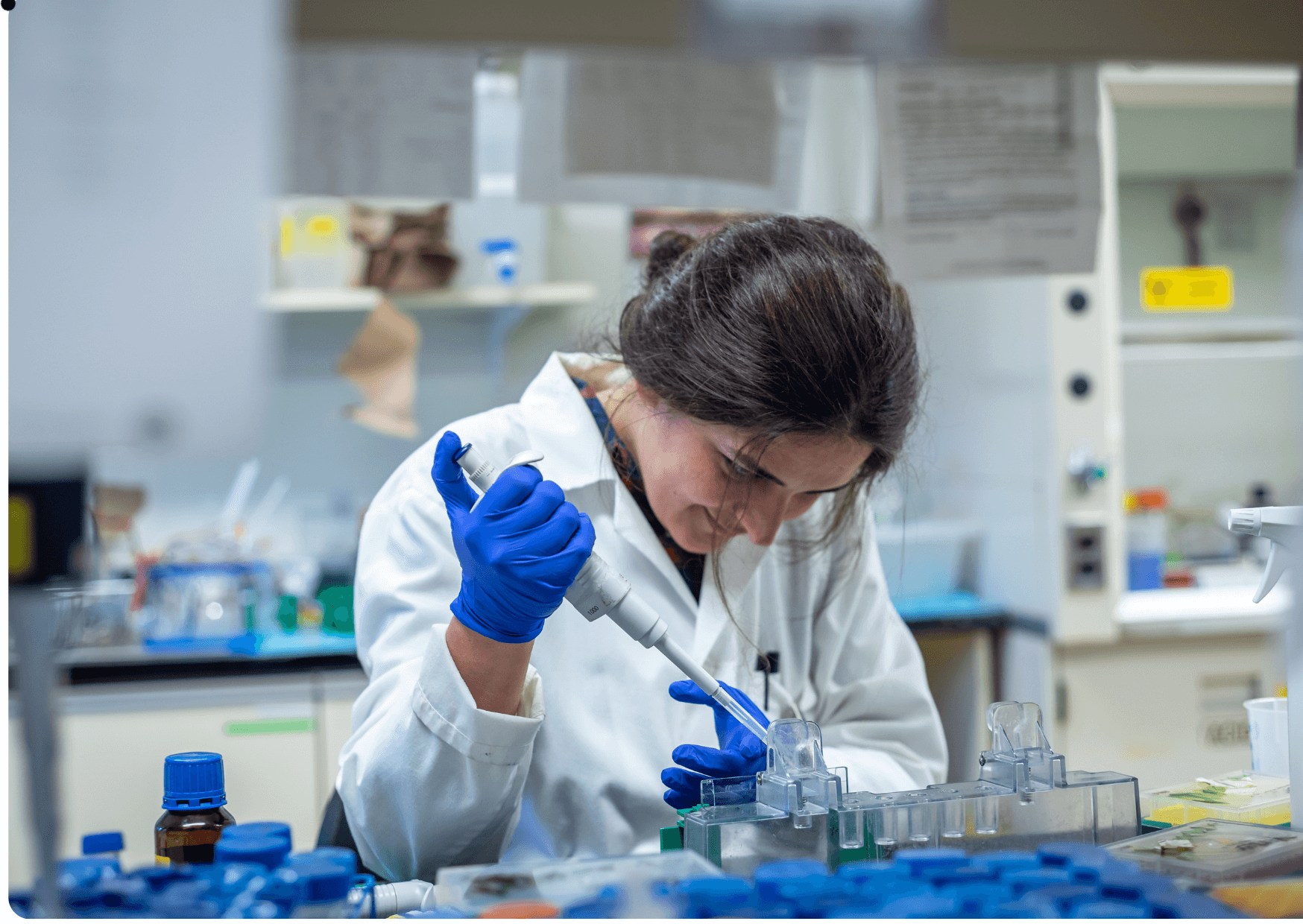Product Overview: Biomedical Engineering Training
Welcome to our comprehensive Biomedical Engineering Training course! 🎓
Biomedical engineering is an interdisciplinary field that merges principles of engineering, biology, and medicine to develop innovative solutions for healthcare. Our training program provides a foundational understanding of key concepts, techniques, and applications within this dynamic field.
Course Sections:
- Introduction to Biomedical Engineering: 🧬
- Gain insights into the history and evolution of biomedical engineering.
- Understand the role of biomedical engineers in improving healthcare outcomes.
- Explore the ethical considerations and regulations governing biomedical engineering practices.
- Biomechanics and Biomaterials: 💪🔬
- Learn about the mechanics of biological systems and their applications in medical devices.
- Explore different types of biomaterials and their properties for various biomedical applications.
- Understand the design principles behind implants, prosthetics, and other biomedical devices.
- Medical Imaging and Diagnostics: 🖥️🩺
- Dive into the principles of medical imaging modalities such as X-ray, MRI, CT scan, and ultrasound.
- Discover how these imaging techniques aid in diagnosis, treatment planning, and monitoring of diseases.
- Explore emerging trends in medical imaging technology, including AI-driven diagnostics.
- Biomedical Signal Processing: 📈📊
- Learn how to analyze and interpret physiological signals such as ECG, EEG, and EMG.
- Explore signal processing techniques for extracting relevant information from biomedical signals.
- Understand the applications of biomedical signal processing in healthcare monitoring and diagnosis.
- Biomedical Instrumentation: ⚙️🔌
- Gain hands-on experience with the design and calibration of medical instruments and devices.
- Learn about sensors, actuators, and data acquisition systems used in biomedical instrumentation.
- Explore quality control measures and regulatory requirements for medical devices.
- Biomedical Applications and Innovations: 💡💉
- Explore real-world applications of biomedical engineering in areas such as drug delivery, tissue engineering, and regenerative medicine.
- Learn about recent advancements and innovations shaping the future of healthcare.
- Engage in case studies and projects to apply learned concepts to solve practical problems in biomedical engineering.
FAQs (Frequently Asked Questions):
- Who is this course for?
- This course is suitable for students, professionals, and enthusiasts interested in pursuing a career or expanding their knowledge in biomedical engineering.
- Do I need a background in engineering or biology to enroll?
- While a background in engineering or biology is beneficial, it is not mandatory. Our course is designed to accommodate learners with diverse educational backgrounds and levels of expertise.
- Are there any prerequisites for this course?
- There are no strict prerequisites for enrolling in this course. However, a basic understanding of mathematics, physics, and chemistry would be advantageous.
- What will I gain from this course?
- By completing this course, you will gain a comprehensive understanding of biomedical engineering principles, techniques, and applications. You will be equipped with the knowledge and skills to contribute to advancements in healthcare technology.
- Is this course accredited?
- While our course provides valuable knowledge and skills in biomedical engineering, it is not accredited by any specific institution. However, many of our students find the course content beneficial for academic and professional development.
- How long does it take to complete the course?
- The duration of the course varies depending on individual learning pace and commitment. Typically, learners can complete the course within a few weeks to a few months.
- Is there any hands-on training included?
- Yes, our course includes practical exercises, case studies, and projects to provide hands-on experience in biomedical engineering concepts and applications.
- Will I receive a certificate upon completion?
- Yes, upon successful completion of the course, you will receive a certificate of achievement to showcase your proficiency in biomedical engineering training.
We hope this overview has provided you with valuable insights into our Biomedical Engineering Training course. Join us on this exciting journey to explore the intersection of engineering and healthcare! 💉🔬
